by Lisa Wade, PhD, Mar 7, 2012, at 12:49 pm
I recently had the pleasure of reading Peter
Stearns’Fat History: Bodies and Beauty in the Modern West. The book chronicles the shift in American history from a plump to a thin ideal. The beauty of Stearns’ book is his resistance to reducing the shift in norms to a simple cause. Instead, he traces the changes to conflicts between capitalism and religion, the backlash against women’s equality, industrialization and the devaluation of maternal roles, fashion trends, the professionalization of medicine, our cultural relationship to food, and more.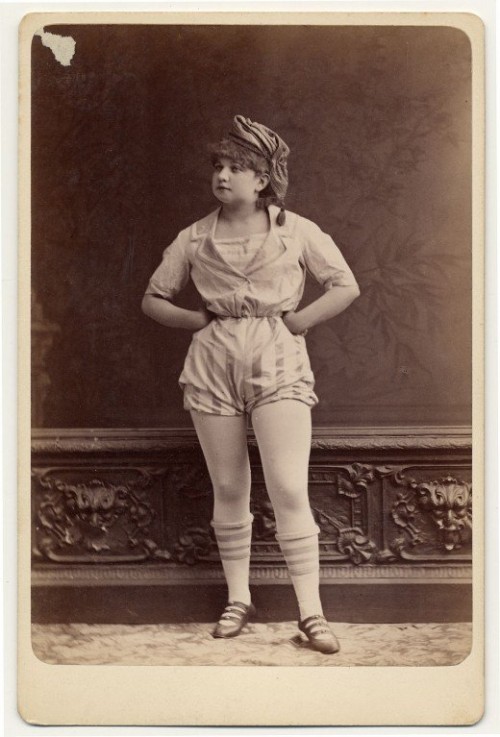
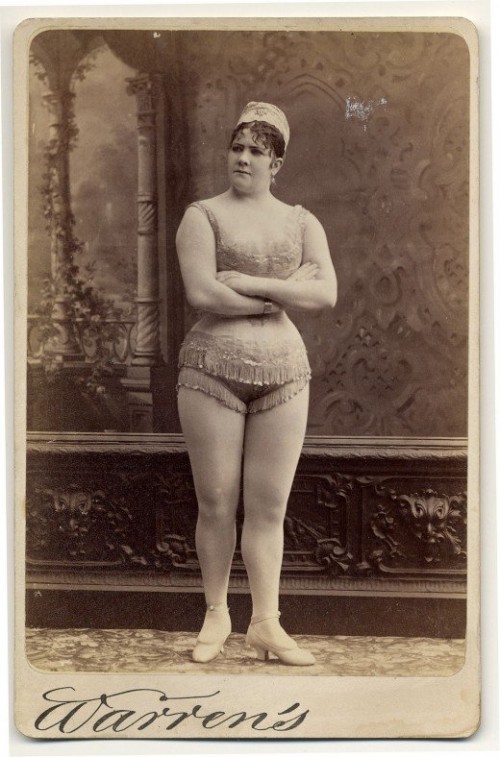
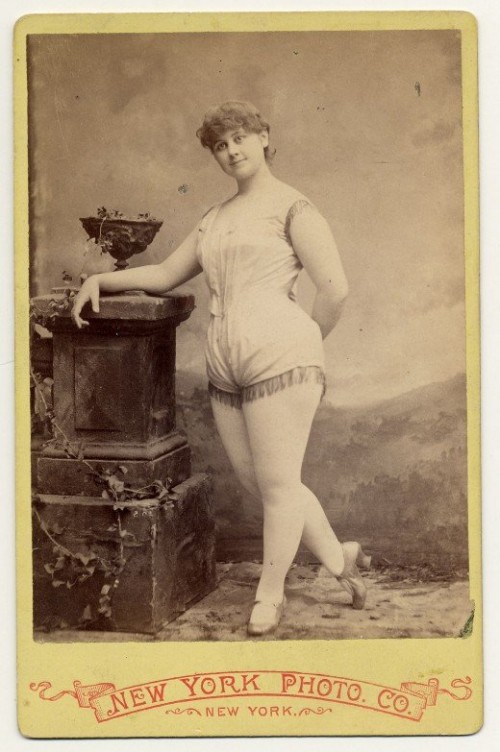
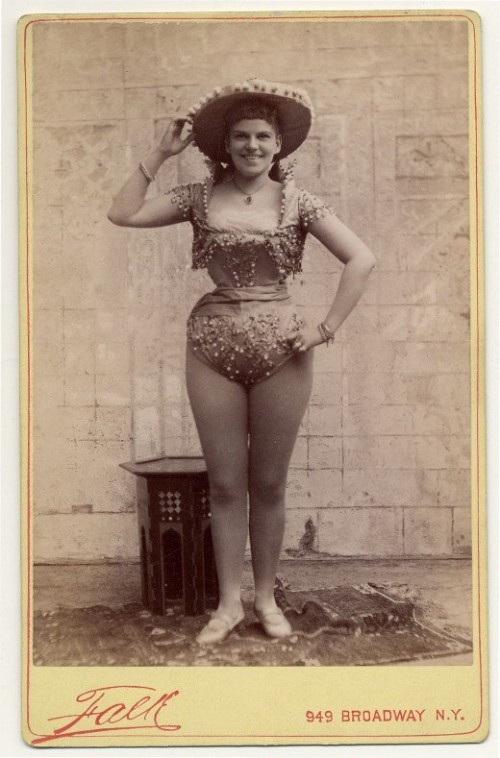
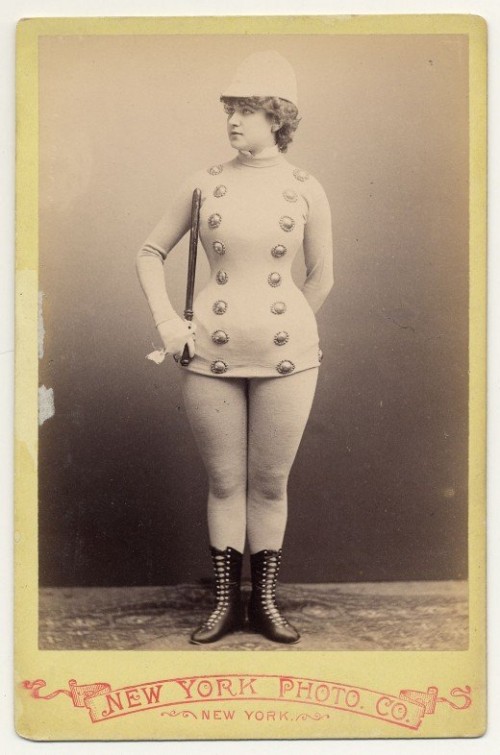 Lisa Wade is a professor of sociology at Occidental College. You can follow her on Twitter andFacebook.
Lisa Wade is a professor of sociology at Occidental College. You can follow her on Twitter andFacebook.
Stearns is quite specific in timing the change, however, pointing to the years between 1890 and 1910. In these 20 years, he writes:
…middle-class America began its ongoing battle aginst body fat. Never previously an item of systemic public concern, dieting or guilt about not dieting became an increasing staple of private life, along with a surprisingly strong current of disgust directed against people labeled obese.
I thought of Stearns’ book when I came across a delightful collection of photographs of exotic dancers taken in 1890, the year he pinpoints as the beginning of the shift to thinness. From a contemporary perspective, they would likely be judged as “too fat,” but their plumpness was exactly what made these dancers so desirable at the time.




 Lisa Wade is a professor of sociology at Occidental College. You can follow her on Twitter andFacebook.
Lisa Wade is a professor of sociology at Occidental College. You can follow her on Twitter andFacebook.
No comments:
Post a Comment